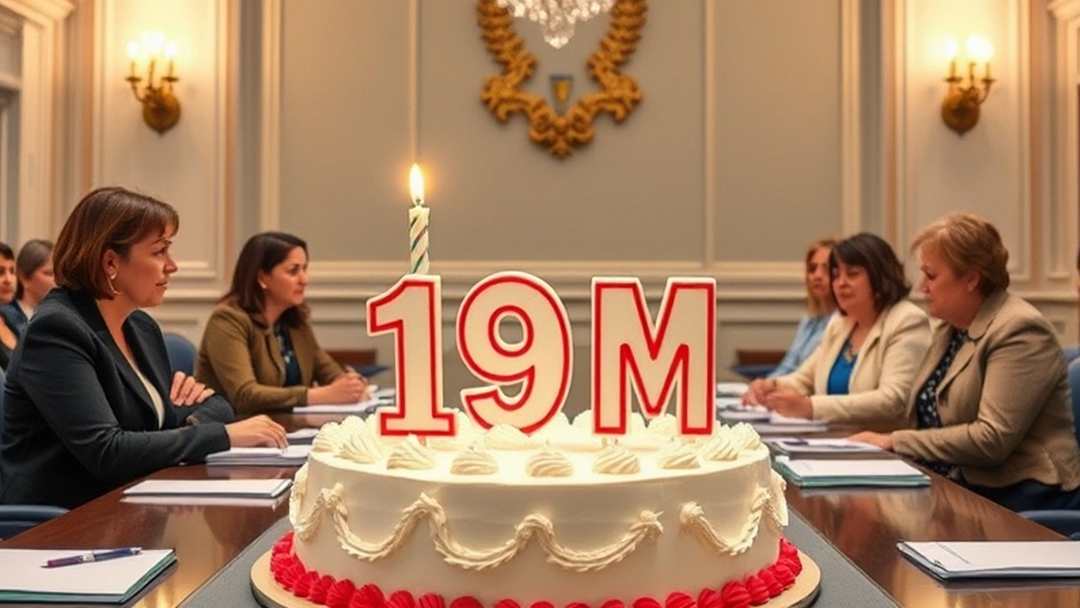“Data show these programs strengthen communities by reducing crime, boosting employment”
LANSING, MI, October 24, 2024 (Substance Abuse Prevention Month) – The Michigan Supreme Court announces that the State Court Administrative Office (SCAO) has awarded $18,823,910 million in grants for Fiscal Year 2025 to problem-solving court (PSC) programs statewide, including drug, mental health, and veterans treatment courts.
Data have consistently shown that these specialized programs lower crime and unemployment rates, and improve the quality of life of PSC graduates.
“When people ask me how trial courts engage with their communities and provide access to valuable resources, I initially point to problem-solving courts because these programs represent the best of what we do in the judiciary: save lives,” said Justice Kyra H. Bolden, who serves as the Court’s liaison to PSCs. “And we couldn’t do that without this critical state and federal grant funding that gives participants and their families a second chance.”
PSC grant totals and recipients by court type:
- Drug Courts $11,976,458 (recipients)*
- Mental Health Courts $5,692,452 (recipients)*
- Veterans Treatment Courts $1,155,000 (recipients)*
Key findings in the FY 2023 PSC Annual Report:
- Graduates of adult drug court programs were, on average, 4 times less likely to be convicted of a new offense within three years of admission to a program
- Graduates of sobriety court programs were, on average, more than 3 times less likely to be convicted of a new offense within three years of admission to a program; those who used ignition interlock devices were 5 times less likely to reoffend within three years of admission.
- Unemployment dropped by 88 percent for sobriety court graduates and hybrid court (drug/sobriety) graduates.
- Adult circuit mental health court (MHC) graduates were on average nearly 2 times less likely to commit another crime within three years of admission to a program.
- Unemployment among adult circuit MHC graduates dropped by 88 percent.
- MHC graduates noted an average 99 percent improvement in mental health and quality of life improvement following completion of a program.
- Unemployment among VTC graduates dropped by 82 percent.
- Michigan remains a national leader with 28 VTCs.
Problem-solving courts are programs that focus on nonviolent offenders whose underlying issues, such as a substance use disorder or mental health diagnosis, have contributed to recurring involvement with the criminal justice system. In addition to funding, SCAO also provides these courts with operational support and resources, state certification, and training.
Legal Counsel and Your Rights
When facing legal challenges, particularly in criminal cases, it is advisable to seek legal counsel immediately.
An experienced attorney can provide guidance on how to navigate interactions with law enforcement while safeguarding your constitutional rights.
Since 1993 our expert legal defense in navigating criminal law matters and protecting your constitutional rights are what we eat for breakfast everyday.
Contact Komorn Law PLLC if you’re ready to fight and win.
Research us and then call us.
Other Articles
Laws passed by Michigan lawmakers in 2023 will take effect
Several new laws passed by Michigan lawmakers in 2023 will take effect on Tuesday, Feb 13, 2023Making use of the first combined Democratic majority in the state House, Senate, and governor's seat in decades, legislators have the numbers and have successfully approved...
The Expanding List of Crimes that Restrict Gun Ownership
The Expanding List of Crimes that Restrict Gun Ownership in MichiganHere are the LawsDomestic Violence The legislature passed a package of bills that add subsets to certain misdemeanor offenses (identified below) for offenses involving domestic relationships. See 2023...
Scientists Discover The Reason Cannabis Causes The Munchies
For the first time, scientists have uncovered the precise neurological impacts of cannabis use that give rise to the phenomenon famously referred to as the "munchies," as revealed by an innovative study backed by federal funds. Researchers at Washington State...
Second Amendment Restrictions and Restoration in Michigan
Michigan cherishes the Second Amendment, but it's important to remember that this right isn't absolute. Certain actions or circumstances can lead to its temporary or permanent loss. Understanding these situations and potential avenues for restoration is crucial for...











